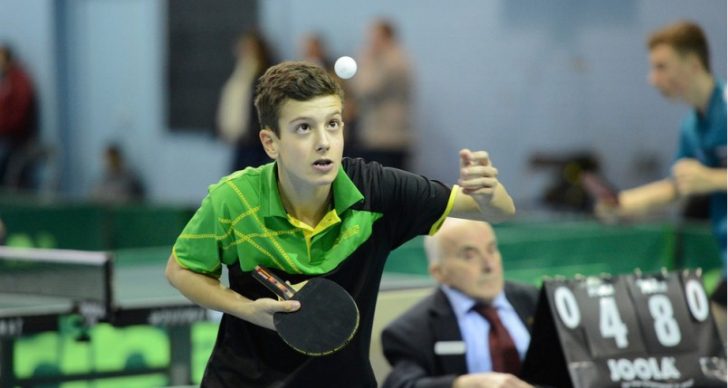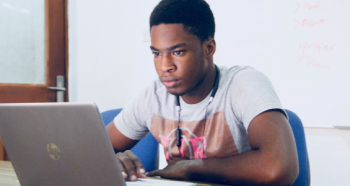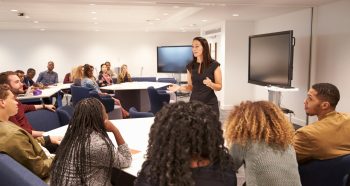Table tennis was not a sport I was familiar with as a child so when one of my sons decided to take the sport up seriously, my husband and I were somewhat surprised. At 14 years old he represents England internationally and our weekends are spent travelling around the UK for tournaments.
China are the masters of this sport, their players dominating the world’s top 20. In my role at Cambridge as Education Officer I am responsible for overseeing the assessment of Cambridge Professional Development Qualifications and at the end of 2015 when I had the opportunity to visit China to talk to schools about how Cambridge can support teachers’ professional development, my son was desperate to join me to see how the Chinese train. As this was not possible I thought that I would look into how the Chinese have been able to master the sport.
Why do the Chinese dominate in the sport?
One of my son’s idols, Matthew Sayed, puts much of their success down to their willingness to embrace failure and see it as a learning opportunity. As well as being a highly successful journalist, Matthew was the England table tennis number one for almost a decade, three-times Commonwealth Champion, and twice competed for Great Britain in the Olympic Games.
His latest book, Black Box Thinking: The Surprising Truth About Success investigates our relationship with failure. “How do we deal with it, and learn from it? How do we react when something has gone wrong?”
In his book Matthew investigates a number of industries, from the airline corporations to large health companies. His aim was to see how a person’s attitude to mistakes can influence the success of an organisation. As an example he puts forward case studies from the medical industry where personnel do not feel free to discuss their mistakes. In the TED talk from Brian Goldman he puts this down to the fact that doctors are judged by their mistakes, meaning they are often hidden or covered up. We could probably all think of mistakes we have made and tried to hide, or blame on others. Can you remember a mistake you made and learned from, and then shared that learning with someone else?
How can we use mistakes as part of the learning process?
The idea of learning from our mistakes is not a new concept. One of Samuel Beckett’s best quotes is “Ever tried. Ever failed. No matter. Try again. Fail again. Fail better.”
In China, the young table tennis players are encouraged to write an analysis after each training session to state what they have learnt and to set goals for the next session. Players will analyse each other’s play and give feedback regarding the errors that player has made. All players will learn from each other’s mistakes. A culture of openness and support allows these mistakes to become learning opportunities.
As a teacher it can be difficult to create a classroom culture which embraces mistakes, allowing our students to “fail better” and identify opportunities to improve.
Collective Efficacy
One way of achieving a culture of learning from failing is to ensure that the school is working collaboratively towards its shared goals. To create a school where teachers are willing to share their highs and lows and for all to learn from them.
A good way of creating an open, safe culture is by carrying out school embedded professional development. Teachers and leaders have the opportunity to reflect, discuss and learn from each other. There is great power in the ability of a group to acknowledge their learning is collective. Openly discussing a lesson that was not a success allows all to learn from the experience. This will move the teaching and learning forward in the school in a more helpful way than a teacher carrying out individual training.
To be agents of change within education we need to think like the Chinese table tennis stars of the future. We need to learn from our own and from each other’s mistakes, whilst allowing our students to do the same.





